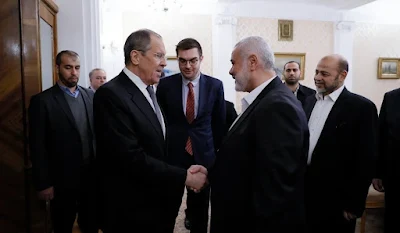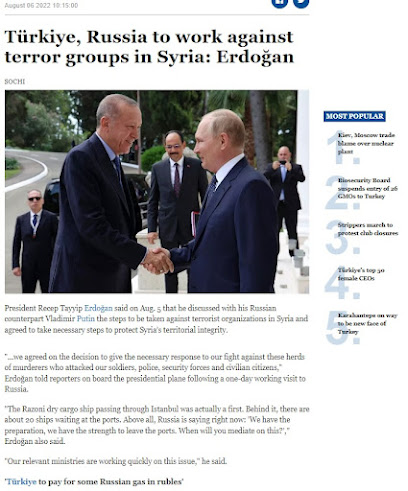
Chechen troops arrive in Zaporozhye region
The
investments in the Chechen Republic is paying off. Chechen fighters were
urgently dispatched after a series of setbacks for Russian forces in the east
and south of Ukraine. The detachment of fighters is under the command of the
OMON "Akhmat-Grozny" of the Office of the Russian Guard in the
Chechen Republic, Anzor Bisaev. The unit is tasked with stopping and clearing Ukrainian
troops trying to advance southward.











































































